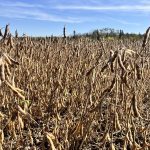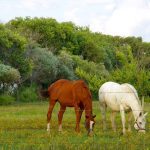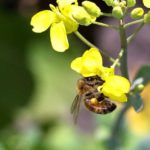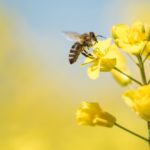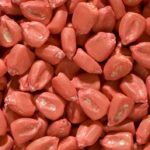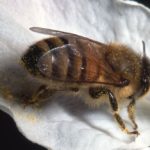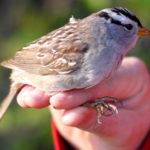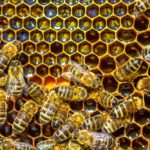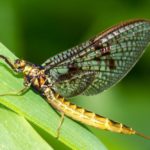Saskatchewan’s provincial pest management specialist updated growers on the current state of government regulation of neonicotinoids at CropSphere in Saskatoon in January. He began with a review of insecticide modes of action. Just as herbicides are classified into groups according to how they control weeds, insecticides are classified into groups based on how they control insects. […] Read more
